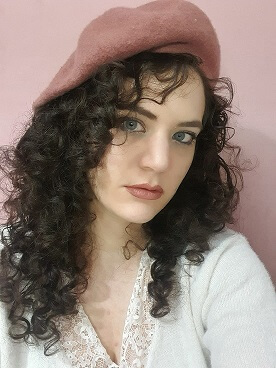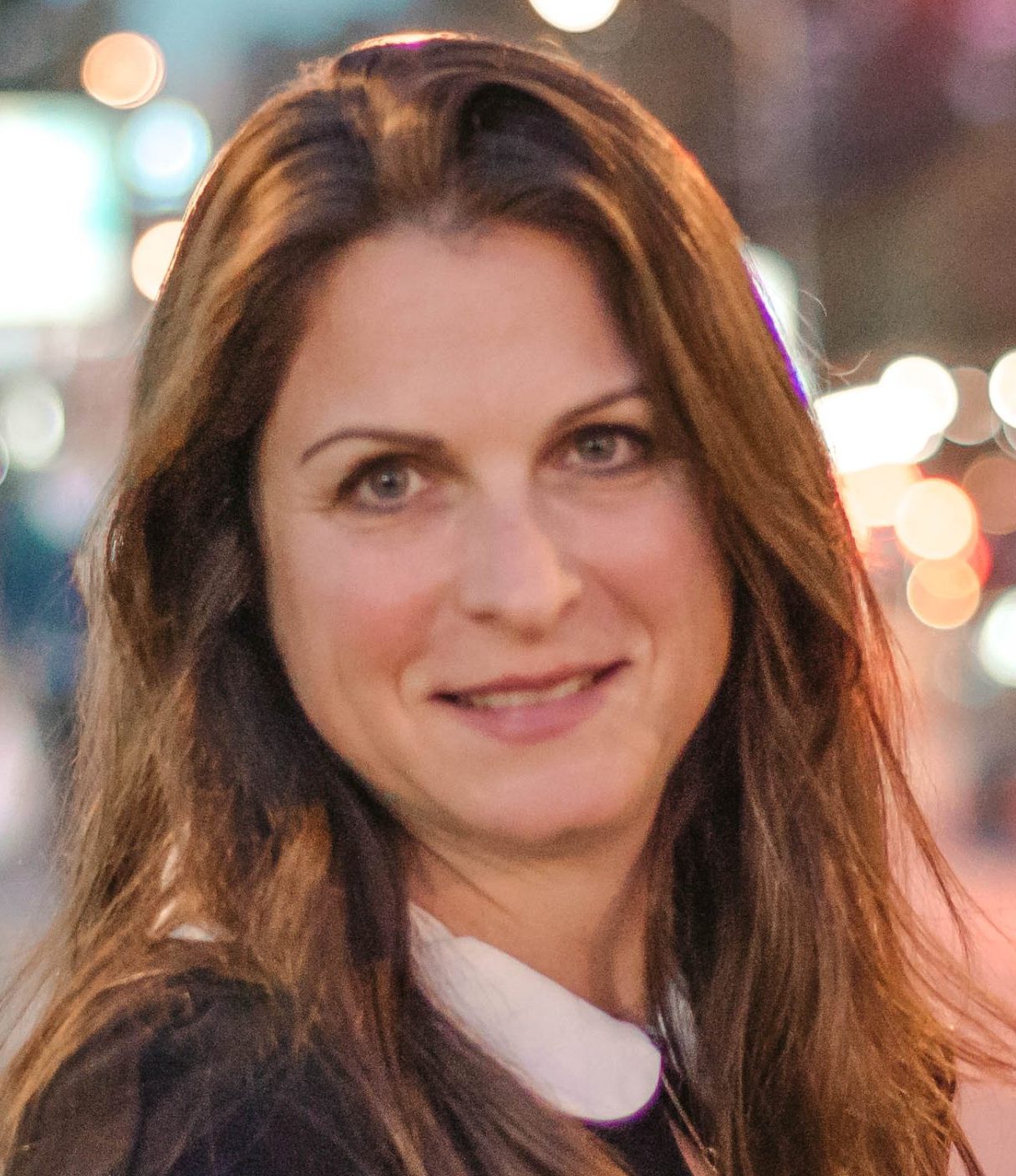
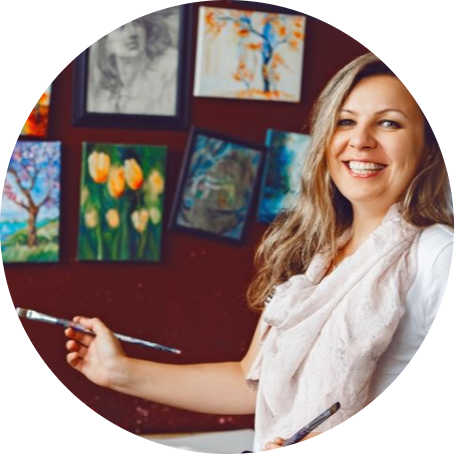
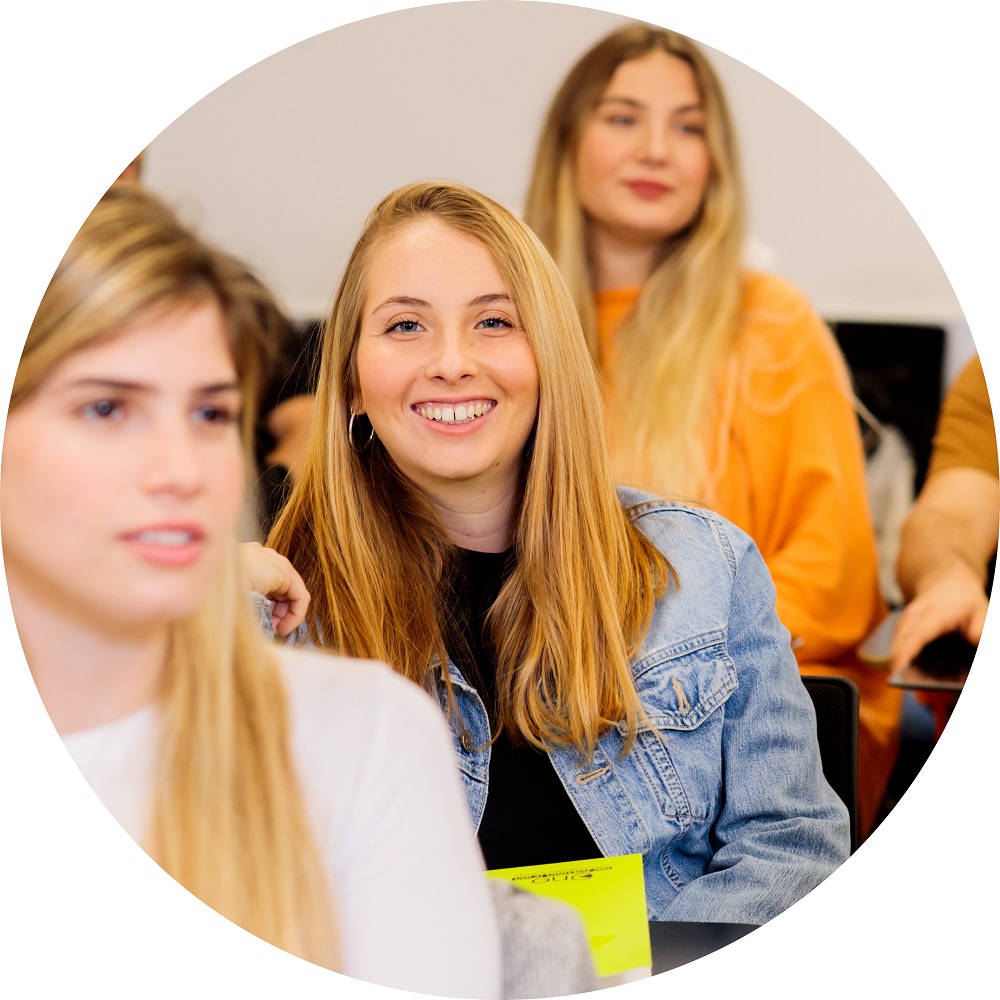
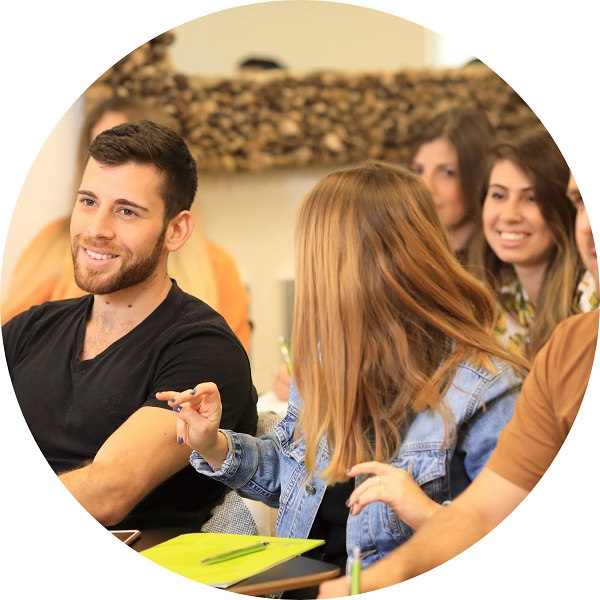
Art and Human Development
This course presents the theories and research in developmental psychology and their artistic, physical, cognitive, affective, neurological, and social contexts from a multidisciplinary perspective. The course refers to the meanings of understanding human behavior during life, offers definitions for making art that contribute to developmental theory, and promotes the development of new models of artistic development. (2 credits)
Psychotherapy – Theories and Approaches in Psychological Treatment
The course presents the main theories in psychological therapy and the basic concepts on which they are based. The course also reviews the development of the various approaches to psychological treatment. It focuses on distinguishing between the different stages of treatment, characterizing the therapist’s role during them, and the commonalities and differences between the treatment of children and adults. (2 credits)
Introduction to Visual Art Treatment A + B
This course provides students with a foundation in the basics of visual art therapy and their unique contribution to the therapeutic process. Students will learn about leading and modern schools of thought in the field, along with important theorists and central issues in treatment focusing on a combination of verbal and artistic expression. Students discuss and experiment with the use of visual art to reveal and understand mental processes, bridging the inner and outer worlds in an environment where repressed and unconscious emotions can rise to the surface. (4 credits for each part)
Psychological Diagnosis and Assessment
The course brings the students together with the psychological approach to diagnosis and assessment, which locates the strengths available to us as humans and the difficulties, disorders, and pathologies to build a corresponding therapeutic system. The course presents the principles of psychiatric classification and explains the clinical diagnosis and psychological assessment processes to the students. (2 credits)
Diagnosis and Assessment in Visual Art Therapy
The course familiarizes students with approaches to diagnosis and evaluation in art therapy techniques. These approaches provide tools for improving observation and recognition, along with insight into patients and the role of the therapist. The course includes experiences with different mediums and techniques, focusing on a diagnostic method based on joint drawing and the HTP projective drawing test. (2 credits)
Standards and Ethics in Psychological Therapy
In this course, students learn about the historical development of ethics in the care professions, its philosophical roots, and the theories and principles of professional ethics. Students will also study the ethical codes of the relevant therapeutic professions. For example, the ethical codes of the Association of Psychologists, the Social Workers, the Medical Association, and the Psychoanalytic Society, as well as the laws that relate to ethical dilemmas such as the Patient’s Rights Law, the Law for the Treatment of the Mentally Injured, etc. In the course, current central dilemmas in the ethical discourse are presented. Throughout the course, the connection between theory and practice is emphasized. The students acquire practical tools for dealing with ethical dilemmas while working in the field. (2 credits)
Models and Skills in Group Therapy
This course imparts knowledge, theory, tools, and skills in group work while integrating movement into the group process and the supervisor’s work. The course combines theories that reveal how personal processes are integrated into the group process and the interrelationships between individual processes and group processes according to the models of Yalom, Foulkes, and Bion. Students will also experiment and process the content while integrating movement activity into the group process. (3 credits)
Theories and Methods in Visual Art Treatment A + B
The course focuses on familiarizing students with advanced schools and theories and deepening the integration between classical and artistic therapeutic language with the aim of preparing them for skilled, in-depth work. Students learn the concepts and stages of the therapeutic process and the characteristics of the therapist’s identity through visual art. Students are introduced to methods of therapeutic intervention through art and develop and expand their toolbox of techniques for dealing with a wide range of demographics. (4 credits for each part)
Arts-Based Research Accompanied by Seminary Work
The course will discuss the relationship between research and research methods and art, its evaluation, and creation. We will learn to search for and collect the necessary materials and tools for the creation of art, document the process, and describe it. Students will acquire skills in critical reading of academic literature, and emphasis will be placed on understanding contemporary debate in the world of art and culture. Sources and methods of the art-based research approach will be studied. (2 credits)
Introduction to Clinical Experience in Visual Arts A + B
The course provides an educational and experiential framework in visual art that allows students to meet with individual patients and therapeutic groups. The course takes place in clinical settings and focuses on deepening student ability to observe the content and processes involved in treatment and the combination of clinical skills and the use of visual art. The course progresses from a stage of observation to get to know patient characteristics to practical experimenting, operating, and guiding with visual art. (3 credits for each part)
Training Seminar in Visual Art Treatment Accompanied by Seminary Work
This course provides students with practical training. The format follows case presentations and elaboration on professional issues while linking them to theory and training in visual art. The course structure parallels the therapeutic processes that students face in the field, helping the students integrate into familiar therapeutic frameworks.
During the second semester, students will research a topic of their choice and write a thesis that includes a critical presentation of a topic from the curriculum, in which the student’s proficiency and skills in the field of arts will be presented and reflect their mastery of the relevant and current literature. (3 credits for each part)
Selected Issues in Art Therapy
The course reviews the main topics, theories, and concepts in art therapy and allows students to process and summarize the culmination of their professional training. The course demonstrates and establishes the integration between the theories of art therapy, psychotherapy, and the therapeutic process in clinical work. (3 credits)
Advanced Visual Art Studio 1: Advanced Studio Course – Creative Dealing with Short-Term Therapeutic Structures
The course provides a practical, structured, and focused experience using art materials, an introduction to the study of art materials and creative processes, and discussion and learning on characteristics of short-term dynamic treatment. Students explore the principles and characteristics of short-term treatment using art through personal work and the review of bibliographic material.
Students will come to gain a more personal understanding of their inner artists with the aim of developing their creative powers to improve their capabilities as art therapists. Students will be able to understand the inherent healing powers of the creative process through their own personal experiences.
Advanced Visual Art Studio 2: The Archetypal Image – Experience and Research
The course familiarizes students with the basic concepts of Jung’s theory, with an emphasis on the relevance of this approach to visual art and art therapy. Students learn archetypal images that characterize the main stages in Jung’s perception of the mythological hero’s journey, which expresses processes of individuation. (3 credits)
